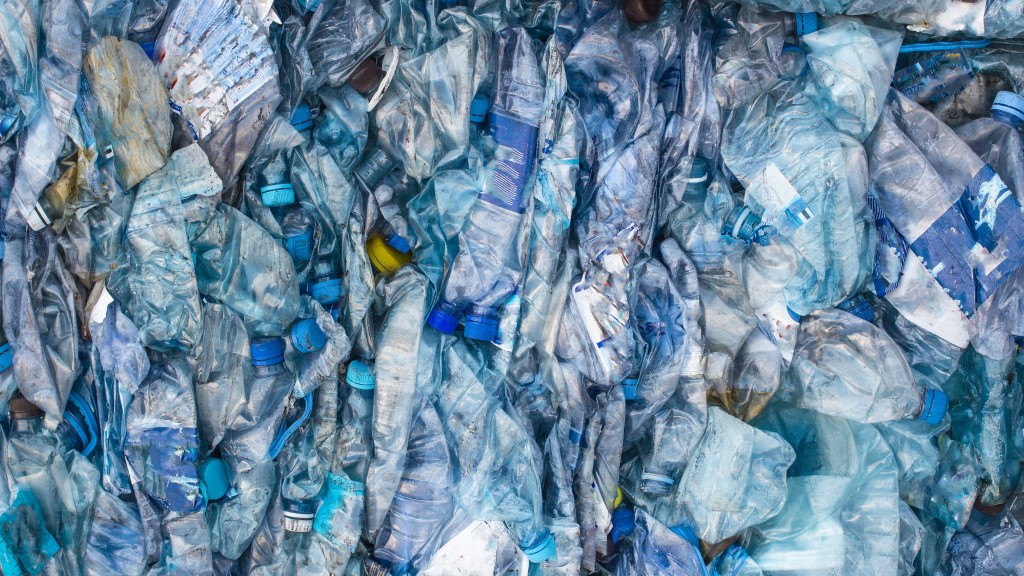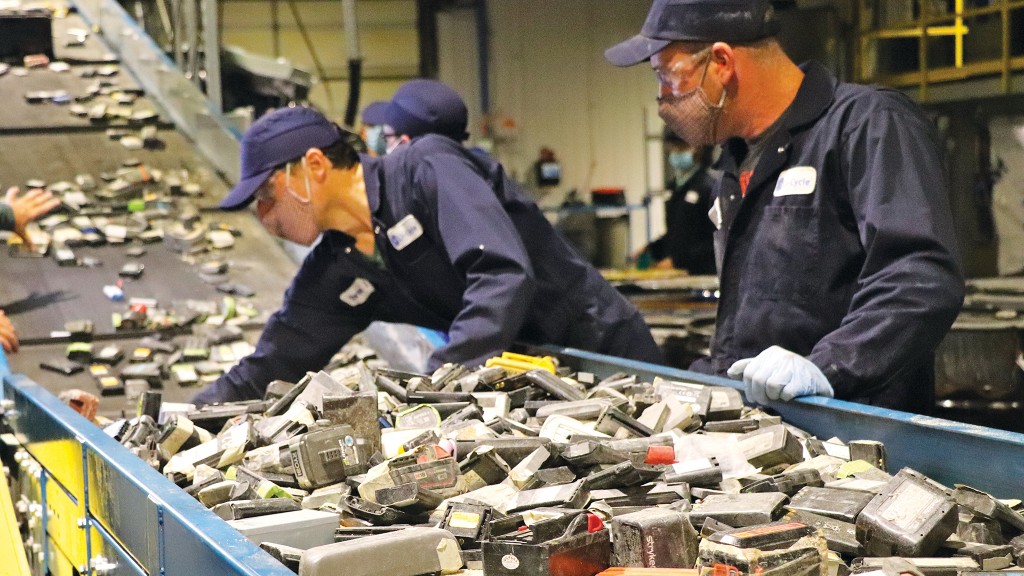
The Recycling Partnership has opened its Pathway to Circularity Recyclability Framework for public comment, which the organization says is a first-of-its kind opportunity for the entire recycling value chain and other stakeholders to shape the future of recyclability.
The Framework, developed in collaboration with 35 industry leaders spanning the packaging value chain, defines a clear set of criteria to help companies determine if their packaging can navigate the recycling system and to provide them with the necessary actions to advance their packaging towards recyclability and meet their sustainability goals.
With stakeholder adoption being a critical component to activate a circular economy, the Framework will be open for comment for 30 days beginning August 19. Collected feedback will be used to build upon the existing Framework, serving as the common foundation for advancing the system and ultimately circularity by informing sustainable packaging design.
Advancing a package to be recyclable is currently complex and ambiguous, with no transparent national framework or guidelines in place. Clear, data-driven solutions are needed to assist producers and to instill public trust and drive consistent recycling behaviors.
"This is the beginning of a massive, system-changing initiative to advance package design and system innovation in tandem, to drive us toward a more sustainable and circular economy for all materials. Never has more urgent action been demanded to protect our planet's resources and reduce greenhouse gases, as evidenced in the most recent United Nations report. We look forward to open dialogue with stakeholders to whom this matters most." explains Sarah Dearman, SVP of Circular Ventures at The Recycling Partnership.
The final Framework will play a critical role going forward to advance package design, affect community access, help policymakers define what is recyclable, inform recyclability claims, and drive new innovations.
The Framework, created through the Pathway to Circularity initiative, defines five building blocks critical to progressing packaging design for recyclability - design for circularity, recyclability prevalence, access and adoption, capture journey, and packaging fate, along with key requirements within each block. The Framework is a catalytic tool in transforming the recycling system by aligning stakeholders behind the steps needed to evolve the packaging that is going into it.
In order to deliver a transparent, uniform, collaborative process, The Partnership assembled the Pathway to Circularity Industry Council, a group of 35 senior industry leaders representing various material types, brands, government, Materials Recovery Facilities (MRFs), NGOs, retailers, and trade associations. The Circularity Council has worked on developing common definitions and thresholds, including MRF capture rates. As a critical next step, The Partnership is making the Framework available for review and comment to build consensus and ensure all material and system challenges are addressed.
"The Recycling Partnership is committed to its mission to transform the U.S. recycling system and activate a circular economy," says Dearman. "The Pathway to Circularity Framework is a vital tool in our journey to deliver both. Through our work on the ground with thousands of communities to improve underperforming recycling programs, we've learned that you can't transform the system without improving the nature of the packaging going into it."
She further added that "The Circularity Council's leadership helped us develop the Framework and set the course for transparency, and we're thrilled to have the opportunity to share what we've built together and engage with a broader group of stakeholders for feedback."
The stakeholder engagement period is an essential phase of a long-term plan to evolve the Pathway to Circularity and to connect it with The Recycling Partnership's strategy-setting tools and initiatives for sustainable packaging, such as the recently launched Plastic IQ.
The Partnership is collaborating with other entities, including the Aluminum Association, the American Forest & Paper Association (AF&PA), the Association of Plastic Recyclers (APR), the Carton Council, the Glass Packaging Institute (GPI) and the Institute of Scrap Recycling Industries (ISRI), to reference existing design guides and protocols, in order to build a consistent approach for the recycling industry.



